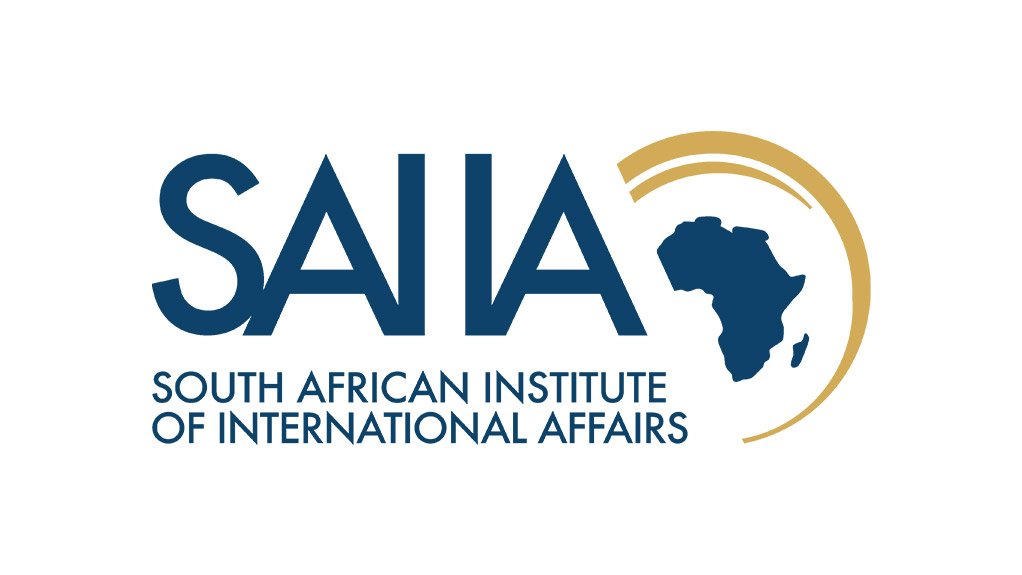So much has been said about Dr Nkosazana Dlamini-Zuma’s term as Chairperson of the African Union Commission already, that regardless where one sits in estimation of her, good or bad, she certainly shook things up! Not only was she the first female AUC chair, but in a complete break with tradition, she was also the first South African. The furore surrounding her election continued throughout her tenure as her brash style proved difficult for many African diplomats to swallow.
On 30 January, Chad’s Foreign Minister, Moussa Faki Mahamat finally succeeded her as the next AU Commission Chairperson, beating Kenya’s Foreign Minister Amina Mohamed by a healthy margin of 39 to 15 from AU member states voting at the African Union Summit in Addis Ababa, Ethiopia.
And so, once again, a Francophone man from central Africa is at the helm of the continent’s most important regional institution – presumably bringing with him predictability and restoring calm. Alpha Omar Konaré of Mali was the body’s first chair in 2003 and all the office-bearers before Dlamini-Zuma’s contentious term were from French-speaking African countries. While Mahamat’s election reverts to this pattern of ‘normalcy’ to the AU, recent global developments warn that it cannot be a full return to ‘business as usual’ for the continent. President Donald Trump’s recent immigration ban on three African countries (Libya, Somalia and Sudan) as part of a barrage of executive orders issued in his first week in office, exemplifies the astronomical pace at which the global political landscape is changing. Now, more than ever, Africa needs strong continental leadership to steer it through uncertain times.
One of the controversial ways in which Dlamini-Zuma differed from her immediate predecessor, Jean Ping, was in her distant relationship with foreign donors. While her many detractors labelled her aloof and unapproachable, her supporters equally praised her efforts for trying to establish a healthy distance for her office from the competing agendas of international donors. In 2016, only $200 million of the AU’s overall $782 million overall budget came from member contributions. Mahamat’s litmus test will be in how well he can maintain the independence of his office from outside influence, while remaining approachable and engaging with external partners.
Financial independence for the AU lies at the heart of the continent’s ability to not only respond to enduring crises, but also in proactively meeting the developmental objectives set out in its 50-year development plan, Agenda 2063, and the UN’s Sustainable Development Goals by 2030. For all her missteps, Dlamini-Zuma did preside over a watershed decision last year to begin the self-financing of the AU through the imposition of a 0.2% levy on African imports.
Crucially, this initiative aims to ensure that the AU’s peace operations are 25% self-funded once revenue starts to be collected from this year, with the balance going towards the general operations budget of the AU. This is expected to contribute $325million to the peace fund in 2017, rising to $400 million by 2020 and $1.2 billion in overall revenue for the AU this year.
This is especially relevant given the presentation to Summit leaders by Rwandan President Paul Kagame on the need for institutional reforms of the continental body, from a mandate given to him at the Kigali Summit in July 2016. At its core, his recommendations highlight the need for greater institutional accountability and efficiency at political and operational levels. Undergirding all this is the pressing need for the AU to fund itself.
Closer collaboration between the AU and the UN in peacekeeping operations is another critical issue. In his inaugural remarks to the AU Summit on Monday, the new UN Secretary-General António Guterres committed to strengthening this relationship and deepening engagements with African Regional Economic Communities. As a former prime minister of Chad (2003-2005) and its current foreign minister, Moussa Faki Mahamat is perhaps uniquely placed to work with the UN and RECs in addressing the enduring peace and security challenges, an area where most consider that Dlamini-Zuma failed. He comes from a troubled neighbourhood – continued fighting in Mali, the difficult battle against Boko Haram in the north east of Nigeria and the fallout of the political vacuum in Libya are on Chad’s doorstep. If Mahamat is even marginally successful in resolving these crises over his tenure, he will be well-remembered.
Stemming the tide of people fleeing persecution from Central African Republic, Eritrea, Libya Somalia and Sudan – to name but a few – is squarely on top of the international agenda. This uncontrolled flow of people evokes a multitude of humanitarian and security challenges. While in Europe and North America, migrants increasingly pose a threat to domestic order, in Africa they represent some of the world’s most vulnerable: victims of egregious and systemic human rights violations. To be effective in addressing this, the AU must adopt a multi-faceted approach – one that simultaneously targets the root causes of conflict in these locales (which is often due to policies of AU member governments themselves) while also acting quickly to contain the spread of violence.
In this endeavour Mahamat perhaps faces his greatest challenge at the AU: confronting problem governments that have reneged on their responsibility to protect their own citizens.
Africa and the world will be watching.
Written by Aditi Lalbahadur, the Programme Manager of the Foreign Policy Programme at the South African Institute of International Affairs. This article was originally published with the Mail & Guardian
EMAIL THIS ARTICLE SAVE THIS ARTICLE ARTICLE ENQUIRY
To subscribe email subscriptions@creamermedia.co.za or click here
To advertise email advertising@creamermedia.co.za or click here











